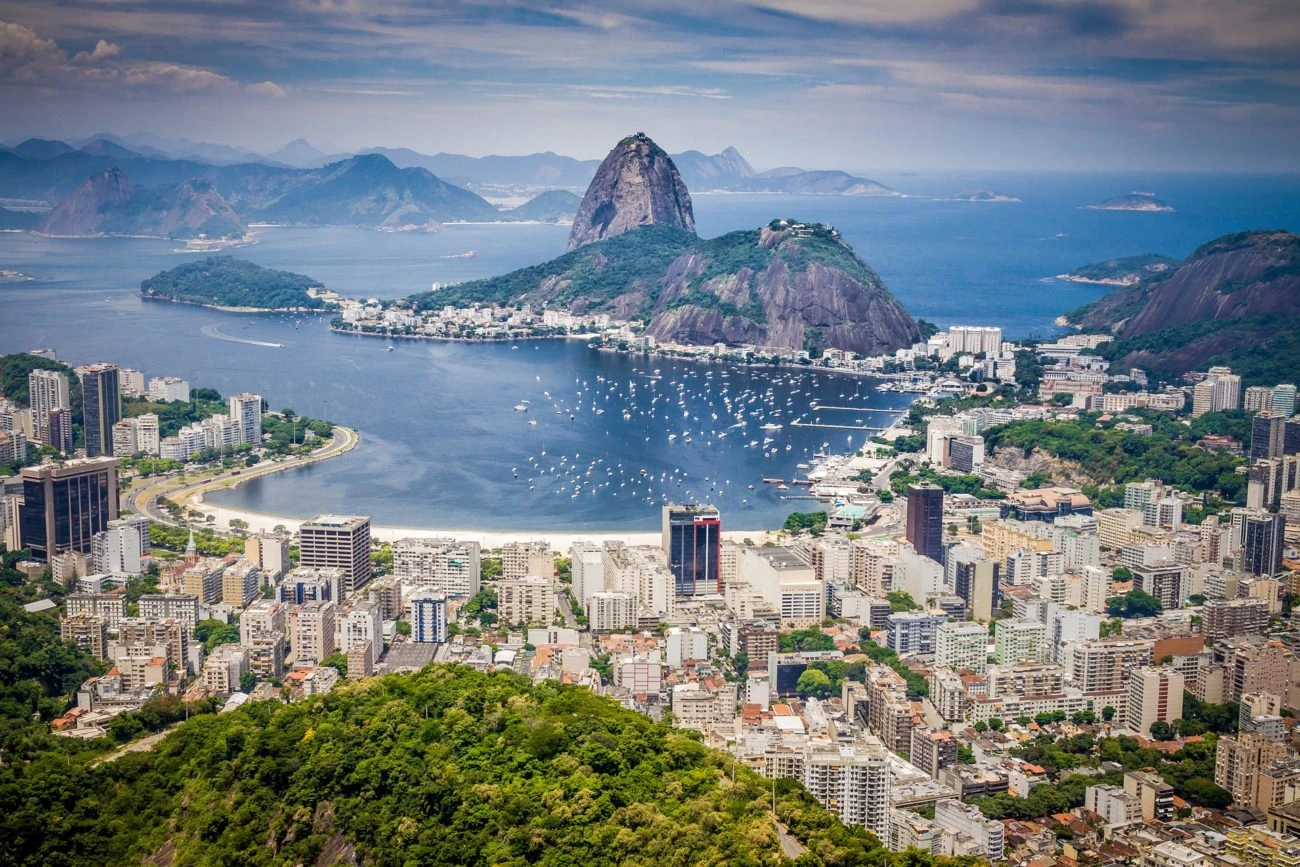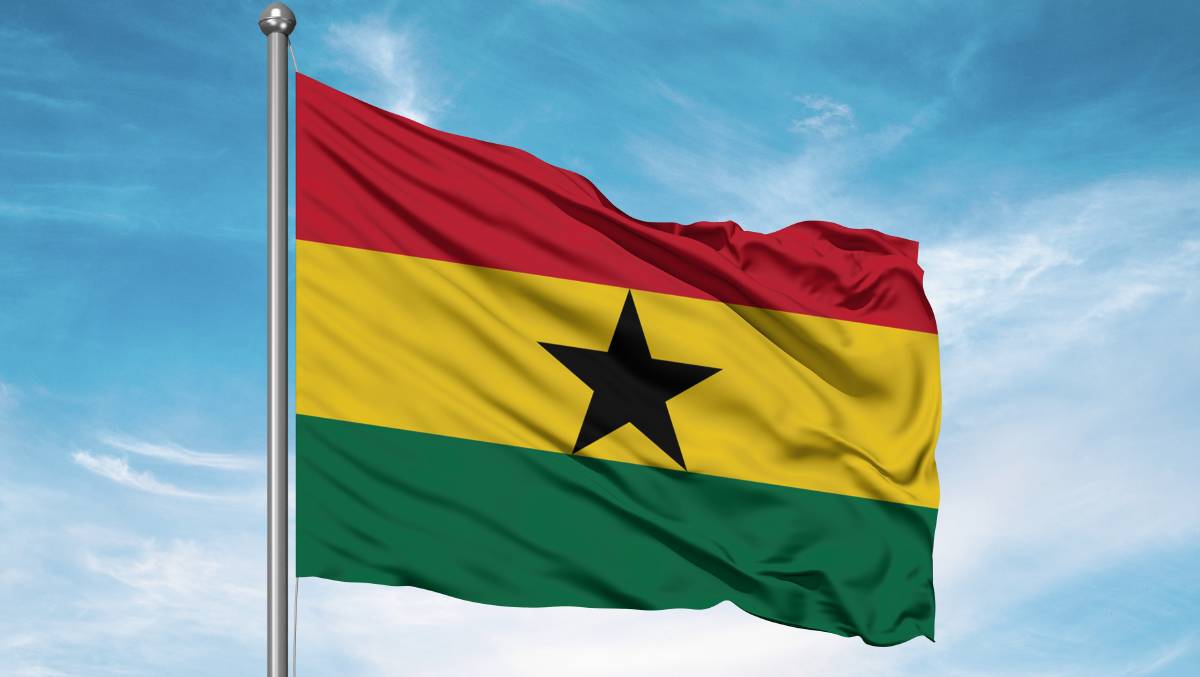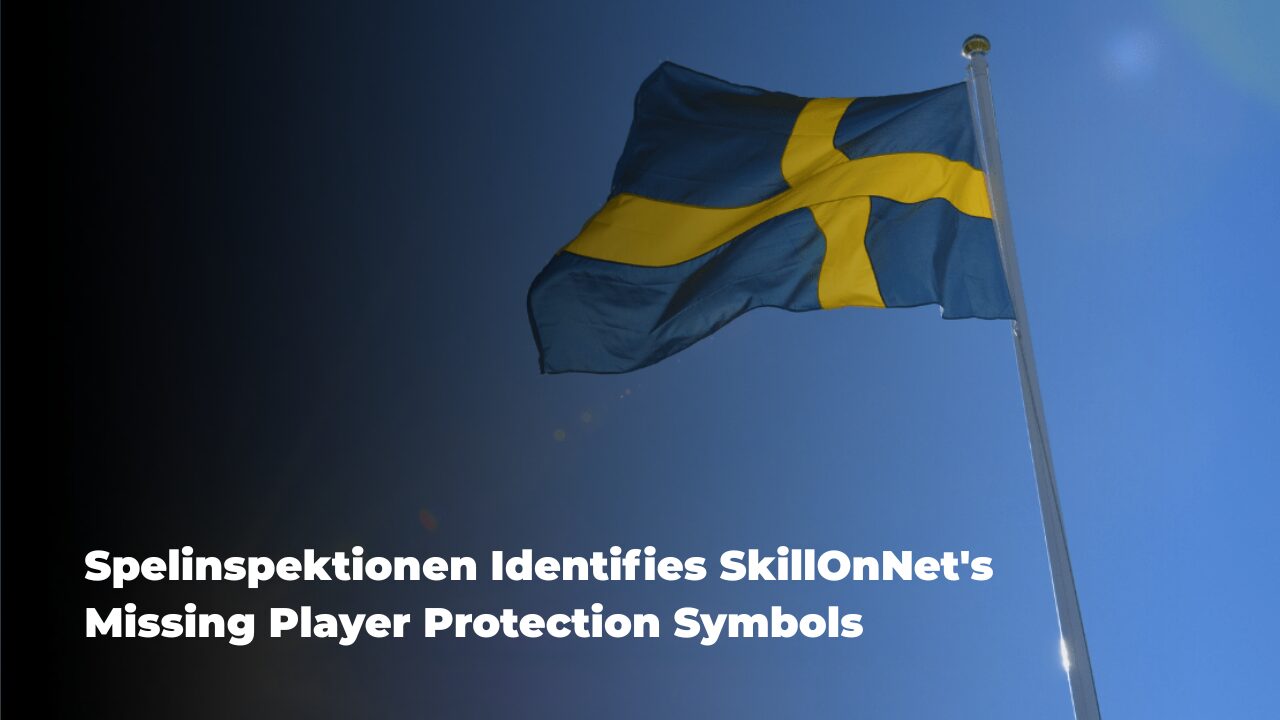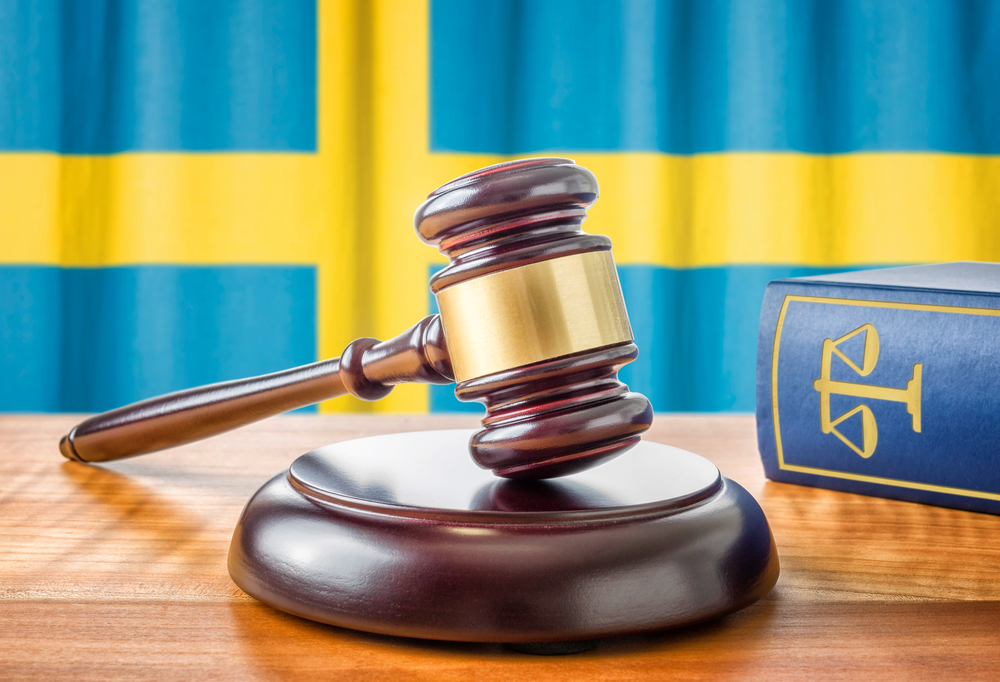Senator Humberto Costa has introduced Bill 3754/2025, proposing significant changes to the country’s betting regulations. The bill features a minimum age limit for participating in fixed-odds betting between 18 to 21 years. The proposal also includes tighter restrictions on gambling-related advertising and sponsorships. The Senate will consider this bill in the spring. If approved, these changes represent a major shift in the regulation of Brazil’s gambling market.
Spending and Advertising Restrictions
Under the proposed law, individuals authorised to gamble are limited to spending a maximum of one minimum wage per month on betting activities. In addition, the Ministry of Treasury will be granted authority to establish daily and weekly spending caps. According to Costa, these restrictions aim to prevent over-indebtedness and mitigate the risks of compulsive gambling.
The bill also targets betting-related advertising. Companies will be prohibited from promoting their services between 6:00 a.m. and 10:00 p.m. This is a measure to reduce exposure during peak viewing hours. Furthermore, brands must avoid advertising toward people under 21 on traditional media and online platforms.
Ban on Sponsorships in Public Events
Bill 3754/2025 also introduces a ban on advertising and sponsorships by betting operators in sporting, cultural, or festive events in public locations. This prohibition would apply regardless of whether the events are financed with public funds.
The restriction aims to limit the visibility of betting brands in environments where younger audiences and vulnerable groups are likely to be present. Supporters of the proposal argue that these measures will separate the gambling industry from public entertainment and cultural activities.
Upcoming Hearing on Betting Advertising
In line with the Senate’s consideration of Costa’s proposal, the Permanent Subcommittee on Sports Betting Regulation of the Chamber of Deputies is set to hold a public hearing on August 27 in Brasília. The meeting will bring together industry experts and lawmakers to discuss the regulation of advertising in the online gaming sector.
A central point of the hearing will be the debate over sponsorships in sports events and organisations, as well as the implications of advertising restrictions on the industry. While some stakeholders believe the public must protect the public, others warn that overly restrictive measures could impact legitimate businesses and reduce funding for sports and cultural activities.
The coming months are pivotal for the future of betting regulation in Brazil. Lawmakers are weighing the balance between consumer protection and the industry’s economic contributions.

 Companies
Companies 





